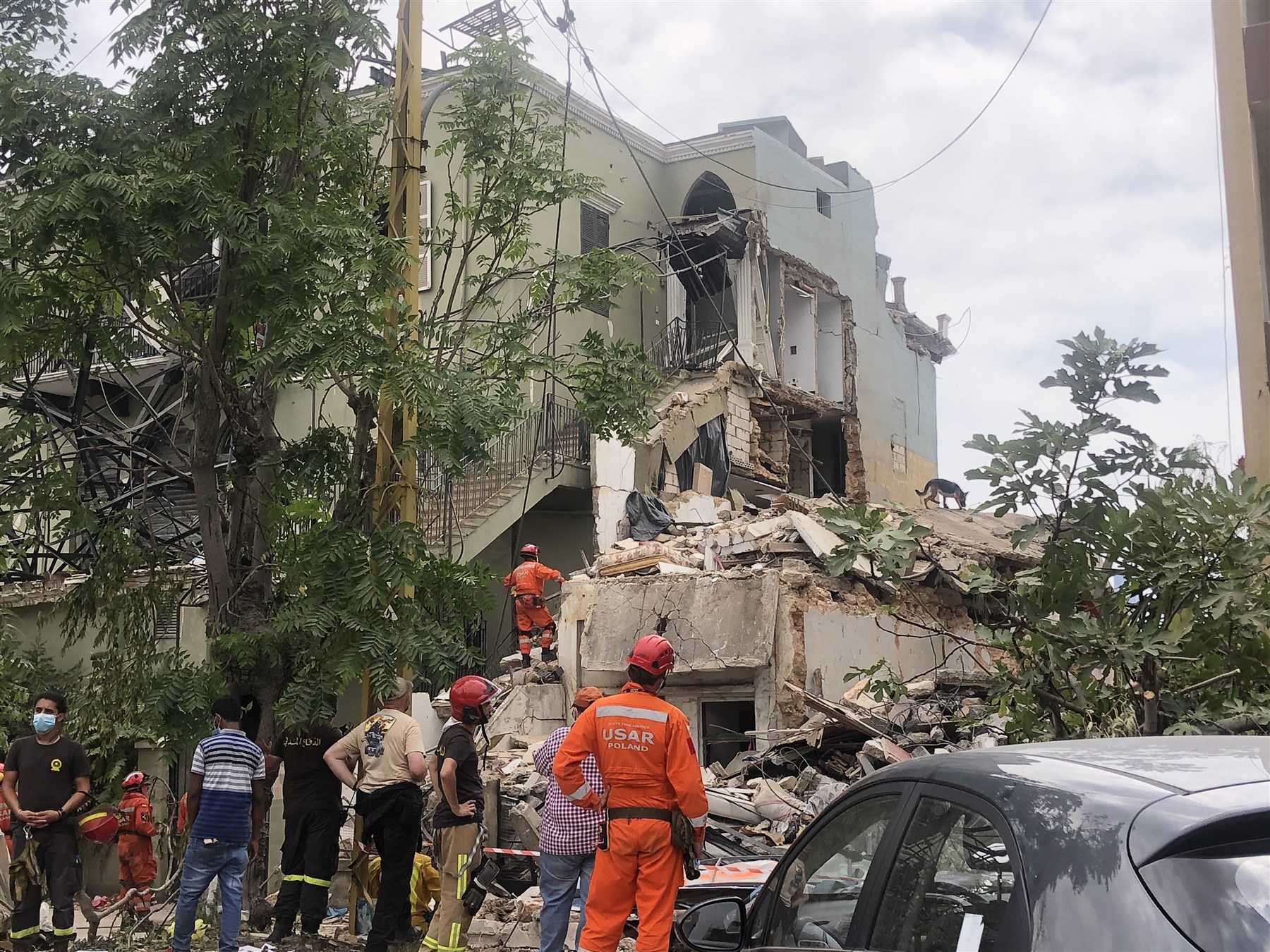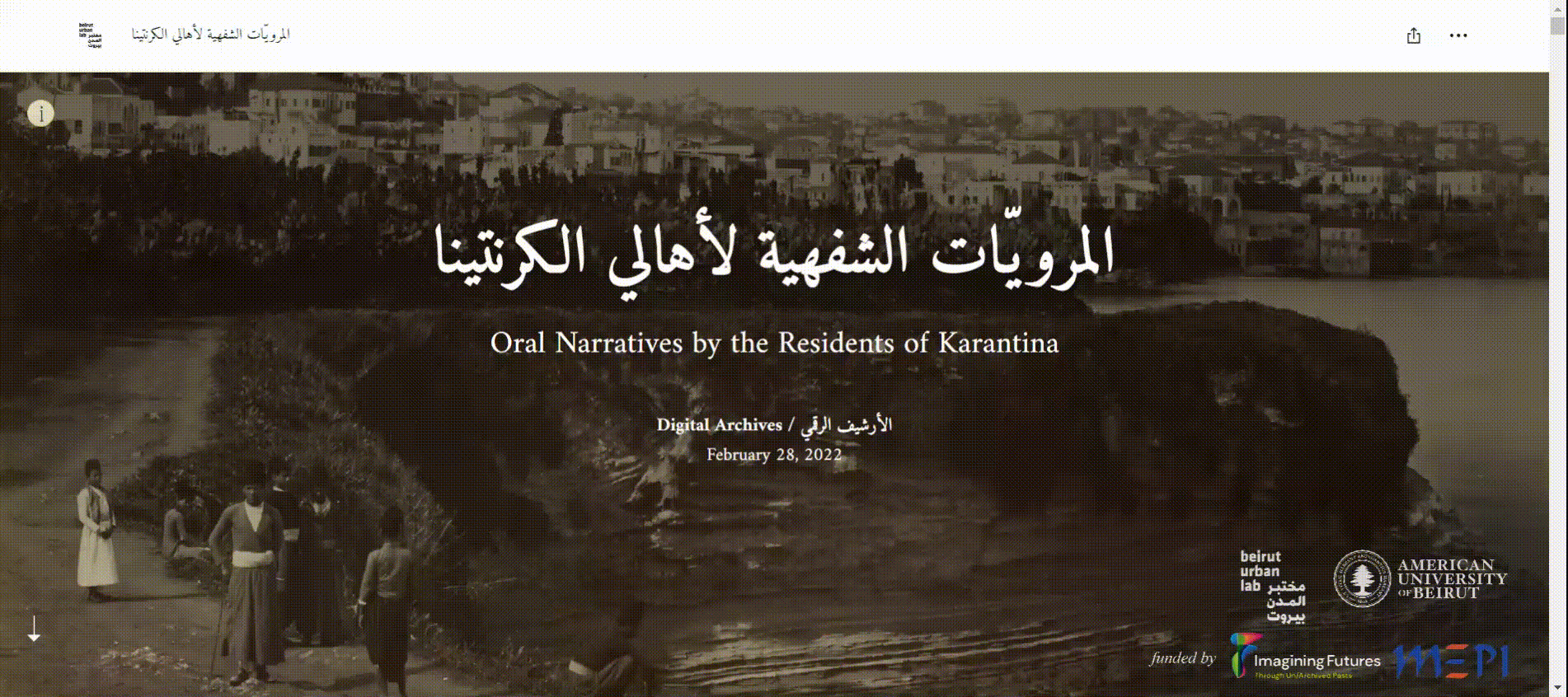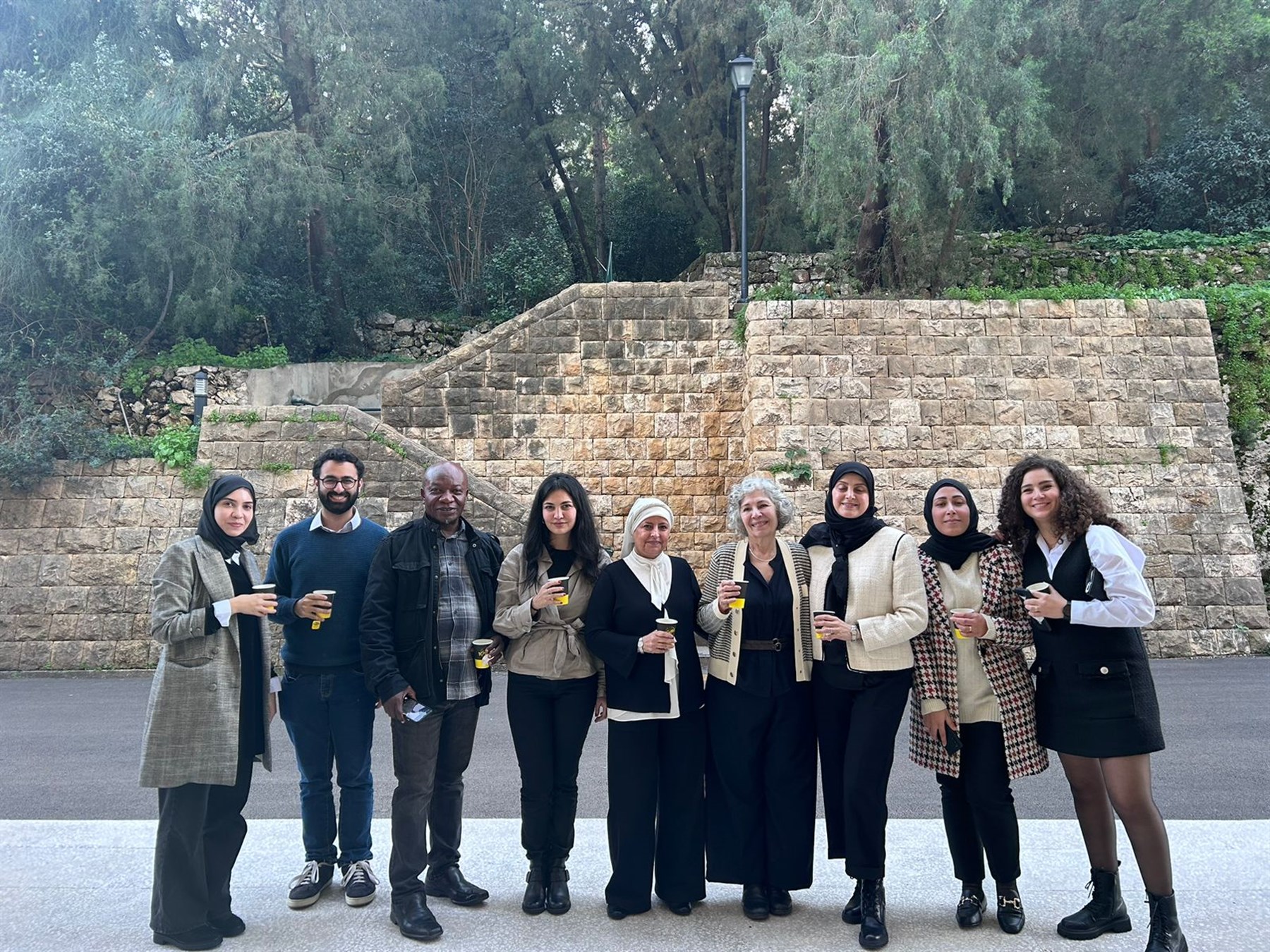(Un)Archiving the City: the Case of Beirut

The Beirut Investigative Lab
Taking Beirut as a case study, the Beirut Investigative Lab aims to investigate two strands at the intersection of city and archives: city as archives and archiving the city, leading to a hypothesis on ‘unarchiving the city.’ Beirut has a contested history of complex challenges marked by war, erasure, sectarian politics, and collective amnesia. This contestation reflects a fear of confronting the past, a conscious neglect of national archives, and the absence of a shared narrative at the national scale. Archival practices are decentralized and mostly associated with private institutions with limited accessibility to the public.
Given this context, we intend to interrogate ‘city as archives’ as discussed in the literature, however, through a Lefebvrian lens, and ask the following question: how does the ongoing production of space shape the city as an archive? We then focus on the city as an object of archiving by questioning archival authorship and power as articulated by Derrida and Foucault and adapted to an urban agglomeration. Against the main question of how the city is archived, adopting the Barthan theoretical framework leads us to the following question: how do modalities of archiving the city differ, and how do their readings facilitate a plurality of city narratives? When considering the context of conflict, displacement, and collective trauma, these investigations lead to a working hypothesis that argues for recovery as a process of unarchiving; a process that disrupts both city as archives and archiving the city. It further argues that a ‘participatory’ recovery process is best positioned to facilitate a more egalitarian model of multiple narratives and future imaginaries.
As part of the Beirut Investigative Lab, the following activities were conducted:
- Launching the “Oral Narratives by the Residents of Karantina” platform
The oral narratives project focuses on the second strand, ‘archiving the city’, using Karantina as a case study. It challenges authoritarian narratives by exploring alternative and inclusive egalitarian methods of archiving its oral history and socio-spatial practices. As it does so, it contributes to “recovery as unarchiving” which investigates how unarchiving during post-disaster recovery produces multiple future imaginaries. For more details on the project, visit this link.

- Curating a closed workshop entitled “(Un)Archiving the City: the Case of Beirut”
The workshop was held on February 8th, 2024, and invited scholars from the Imagining Futures project including: the principal investigator Elena Isayev, co-investigator Kodzo Gavua, and advisor Jala Makhzoumi. Howayda Al-Harithy commenced the workshop by setting the theoretical framing, where she presented the two strands of investigation: ‘city as archives’ and ‘archiving the city’ leading to a hypothesis on ‘recovery as unarchiving’. The workshop included two panels each expanding on these concepts while reflecting on case studies from Beirut.
Workshop Program
Panel 1 - Beirut as Archives
o The Use of “City as Archives” in Reconstruction Projects: The Case of Downtown Beirut by Rana Khachab
o Heritage as a Framework for Reading City as Archives by Mariam Bazzi
o (Un)Archiving Urban Nature by Jala Makhzoumi
Discussant: Kodzo Gavua
Panel 2 - Archiving Beirut
o Imaginations as Archives: A Planned City That Never Was by Ali Khodor
o Constructing an Urban Historical Narrative of Karantina by Wiaam Haddad
o Digital Archiving of Oral Narratives in Post-Blast Karantina by Leyla El Sayed Hussein
o Recovery as Unarchiving: The Case of Karantina following the Beirut Blast by Batoul Yassine
Discussant: Najmeh Viki
Closing Reflections: Elena Isayev
Discussants: Howayda Al-Harithy, Kodzo Gavua, and Jala Makhzoumi
